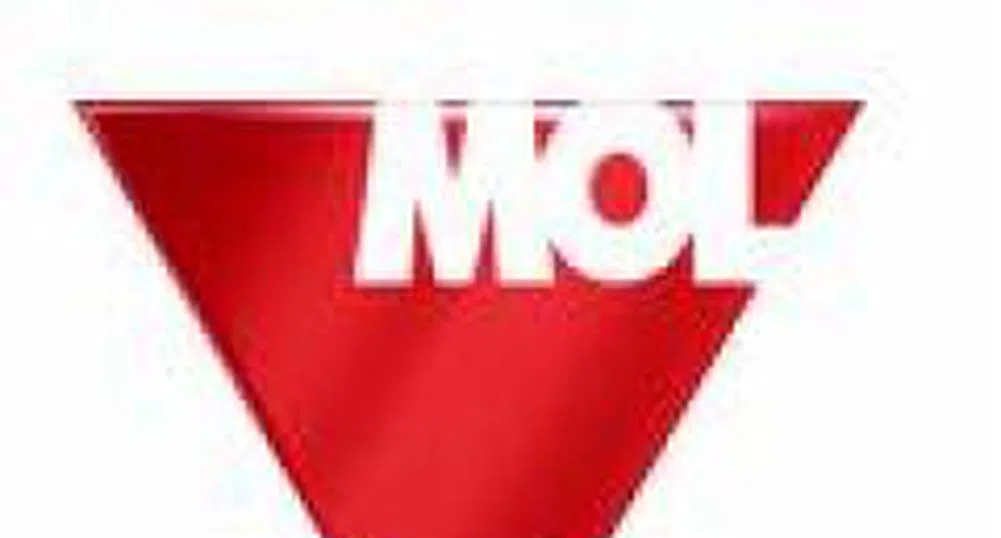OMV Buy of Oil Rival MOL Would Up Prices – EC Says

Austrian oil company OMV’s proposed takeover of Hungarian rival MOL would create big competition problems and lead to higher prices, the European Commission charges in a confidential document, Reuters reported.
“The merger would remove MOL as the most significant ... regional constraint on OMV, and at the same time, removes OMV as the most significant constraint on MOL,” the EU competition regulator says in the document seen by Reuters. That critique concerns refinery sales of diesel and gasoline in Austria, Hungary and Slovakia and is typical of the Commission’s position throughout the 134-page report. OMV has an opportunity to respond to the statement of objections by trying to persuade the Commission it is wrong or offering remedies to fix problems identified by the EU executive.
The Commission says OMV, which is making an unsolicited bid for MOL and operates the Schwechat refinery in Austria, would acquire two MOL refineries, Duna in Százhalombatta, Hungary, and Slovnaft in Bratislava, Slovakia. A single owner could wipe out competition in aviation fuel. The Commission says any of the refineries can supply Vienna airport, creating competition between OMV and MOL. “The competitive pressure that such contestability allows would disappear if the three refineries had a single owner,” the Commission said. Such criticism raises the possibility OMV would have to divest one of the refineries to get the deal approved. The statement of objections analyses the situation product by product and country by country, examining each in detail. Its conclusions are separate for each market. OMV and MOL declined to comment.
The Commission says the combination as proposed could curtail competition in Austria, Hungary and Slovakia for gasoline, diesel, heating oil, heavy fuel oil and aviation fuel. It would also raise serious competition concerns for bitumen in Hungary and Slovakia and for retail sales of gasoline and diesel in Hungary, Slovakia and Romania, the Commission says.Typical are the findings for the Hungarian bitumen market, where the Commission reported the transaction would give OMV the power to raise prices. Customers told the EU executive “they have two real alternatives, MOL and OMV”. The statement of objections gives the natural gas market only one mention.
OMV urged the Commission to look at a market stretching from the German-Danish border and the Benelux region to the Black Sea in the southeast. It argued that production across Europe helped rein in the prices OMV and MOL can charge. The Commission rejects that claim, citing price differences of 10% across Europe. It chose national markets instead. “These price differences not only show the absence of an EEA-wide (European Economic Area) market as claimed by OMV” but demonstrate the lack of interest of the western European producers in central European markets, it says.
Throughout the statement, the Commission focuses on the head-to-head competition between MOL and OMV and accepts the MOL argument that the pair are almost mirror images of each other. The two companies have been in a standoff since the summer of 2007, when OMV first indicated its takeover plans. OMV wants to join forces with MOL amid consolidation pressure from Russia and Western majors, saying merging the two companies would improve their standing. MOL said the deal would destroy value for its shareholders.
)
&format=webp)
&format=webp)

&format=webp)
&format=webp)

&format=webp)
